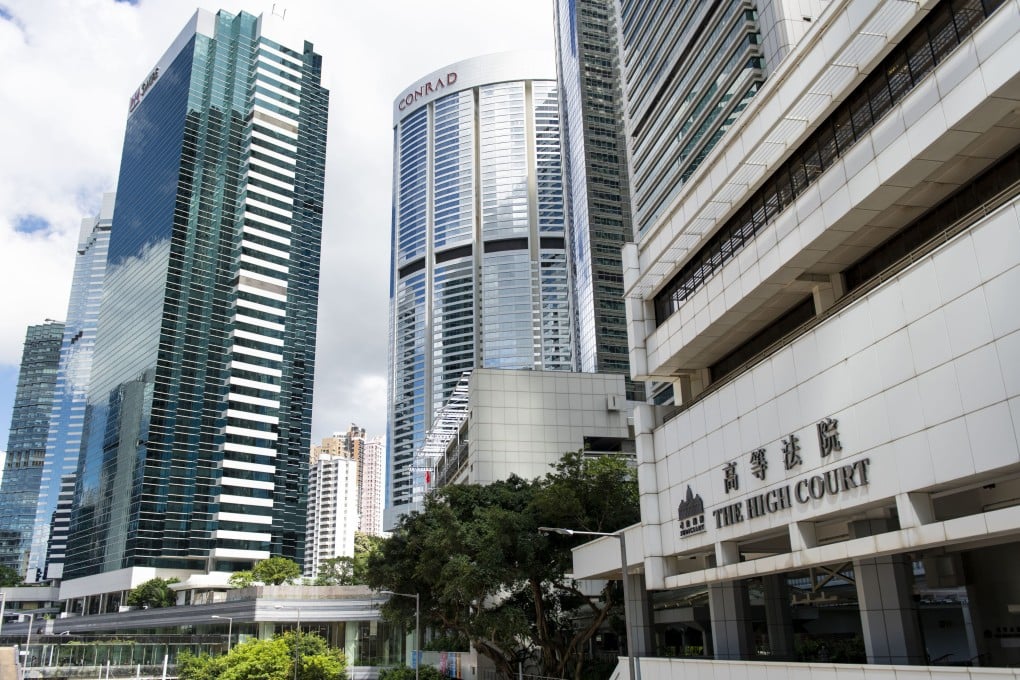Opinion | Hong Kong dentist’s 20-year struggle in court highlights government’s lack of compassion
- Not only did dentist Yeung Lai-ping lose her livelihood to an injury sustained while working at a public hospital, her employer, the Department of Health, refused to admit wrongdoing for two decades
- By repeatedly filing appeals, the government displayed a lack of both common sense and compassion

This is the story of a professional career ruined by a heartless work environment and of efforts by government agencies to deprive the victim of redress using black letter law.
Yeung Lai-ping (the plaintiff) qualified as a dentist when she was 23. She practised for about four-and-a-half years, then obtained a Master of Dental Surgery degree when she was 30.
In February 1997, she joined the Department of Health as a dental officer, and in the course of her practice performed a considerable number of surgical extractions. This involved the removal of bone and cutting of teeth, operating in an awkward position and with the use of some force. This inevitably caused strain on the wrist.
In September 1998, the plaintiff was posted to work as a dental officer in the dental unit of North District Hospital, a newly opened hospital. The dental unit had only two dentists: the plaintiff and Dr Tsui Hing-chung, her supervisor.
In the years prior to working at the hospital, the plaintiff had no problem with surgical extractions. Her patients were well served by her exercise of skill in surgical extraction operations.
